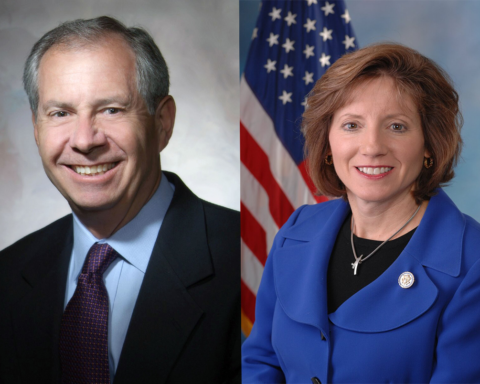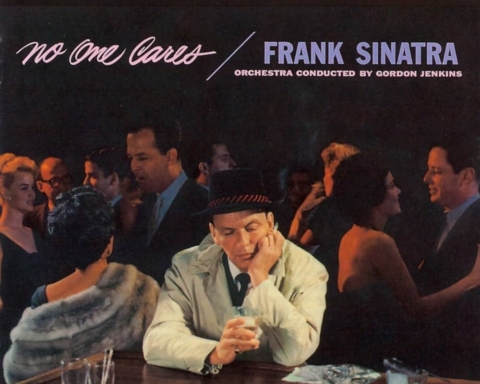What if I were to tell you that every month, Americans 18 and over could receive $1,000 per month for the rest of their lives with no strings or gimmicks attached? This policy known as Universal Basic Income (UBI) is essentially a price floor that guarantees every American citizen over 18, a fixed amount per month regardless of your income or employment status.
You may think it sounds nice and wonder why no one has ever mentioned previously mentioned it; however, UBI isn’t a completely foreign concept in U.S. history. Back in the 1960s, UBI gained traction passing through the House of Representatives but stalled once it hit the Senate. Since then, UBI hasn’t been brought upon until recently, when Democratic candidate Andrew Yang, proposed the idea of setting up a Freedom Dividend of $1,000 per month, which is serves as a form of UBI.
UBI is necessary because it responds to automation that’s shrinking the American labor force participation rate, and benefits American’s both from and micro and macroeconomic standpoints.
Currently, the U.S. is in the midst of an economic transition where the rise of technology and artificial intelligence is automating the labor force. Although this can be seen as positive, many jobs will be lost as a result. UBI represents a unique opportunity to help Americans as automation continues to strip jobs in the manufacturing industry notably.
Automation is currently much more prevalent in Midwestern cities compared to urban areas, making harder for many American’s to see. According to Yang, since 2000, automation has replaced the jobs of 4 million workers in the Midwest. This only scratches the surface, however, because, in the future, many other job sectors besides manufacturing will be replaced by Artificial Intelligence and other robotic technology leaving Americans unemployed.
By 2055, the consulting firm McKinsey & Co speculates that nearly 50% of work activities will be automated. One small example of automation you can see is self-checkout machines which are starting to take away cashier jobs. To counter for automation, UBI provides an opportunity to guide us through this transition.
From a microeconomic standpoint, Americans directly benefit from UBI because putting cash freely into the hands of American’s is going cause more money to be spent towards local businesses. It may even inspire unprecedented levels of entrepreneurship since more Americans see the opportunity to start up businesses. A set amount of money per month represents a guaranteed safety cushion if the business fails, so more American’s are likely willing to take the risk.
Macroeconomically, UBI has positive ramifications because of the “trickle up” effect. Putting more money in Americans pockets will result in more consumption, which will greatly benefit businesses, markets and the entire economy as a whole. According to the Roosevelt Institute, a UBI of $12,000 annually or ($1,000 per month) would grow the economy from 12.56% to 13.10% by 2025, which also represents a change of about $2.5 trillion.
A common argument someone may have against UBI is that inflation will negate the $12,000 annual income since prices of products will rise as a result. However, UBI doesn’t require the creation of an increased money supply, rather restructuring the federal budget is where the money comes from. So, Americans wouldn’t have to worry about UBI artificially manipulating supply and demand.
I strongly encourage Americans to think about the future and where technology is headed within the next few decades. Talk only takes us so far, so it’s essential to act towards establishing a UBI plan before it’s too late. It’s important to embrace advancements in technology but a UBI plan should also be set in place to respond towards nationwide automation.
Elias Kott is a contributing writer at The Bona Venture.
His email is kottej18@bonaventure.edu








